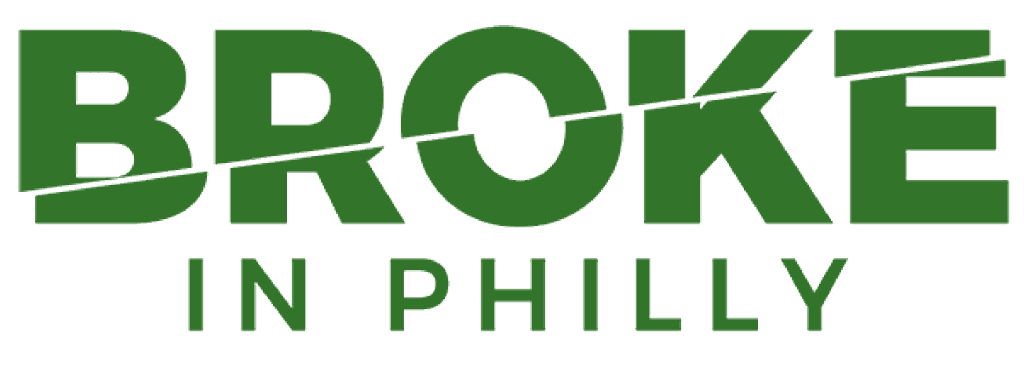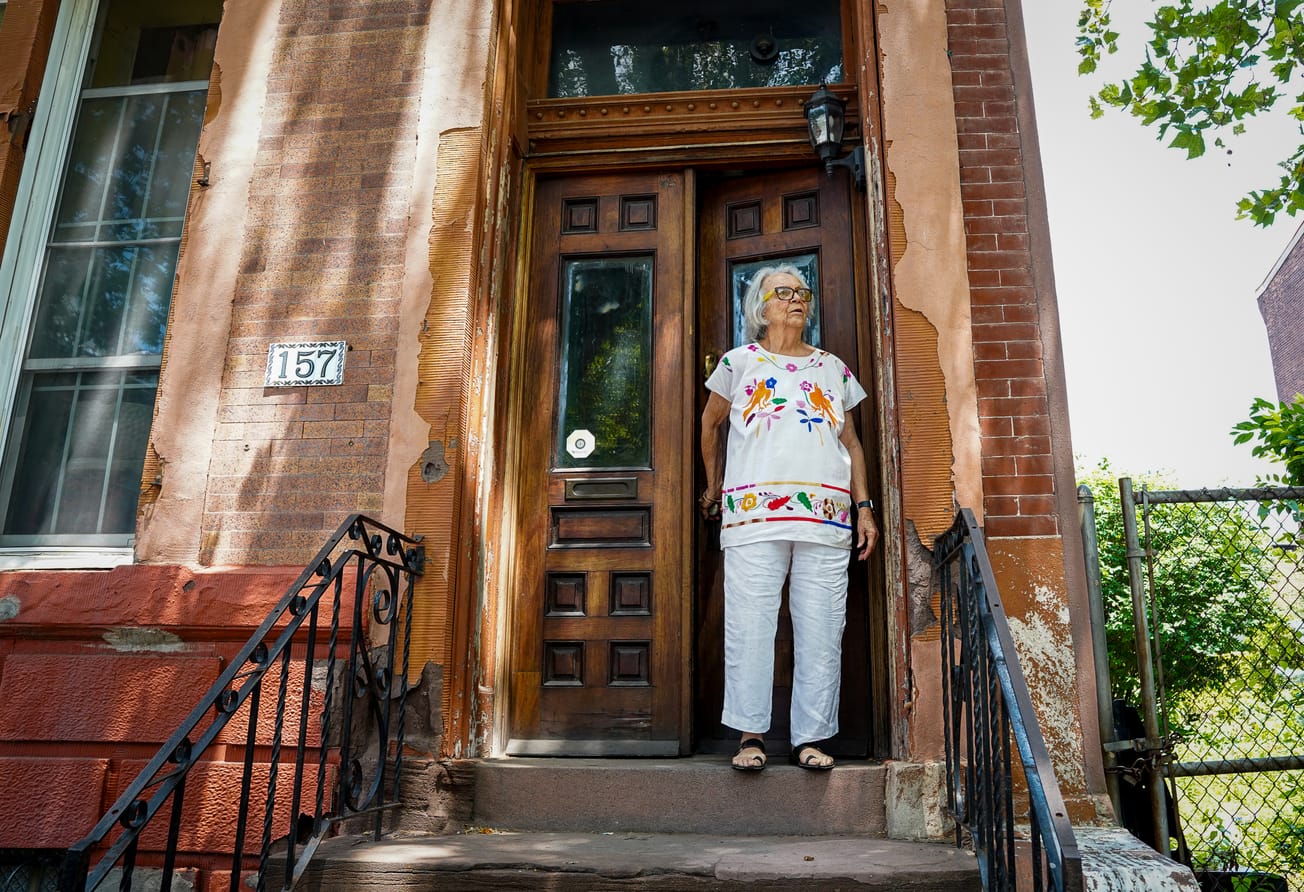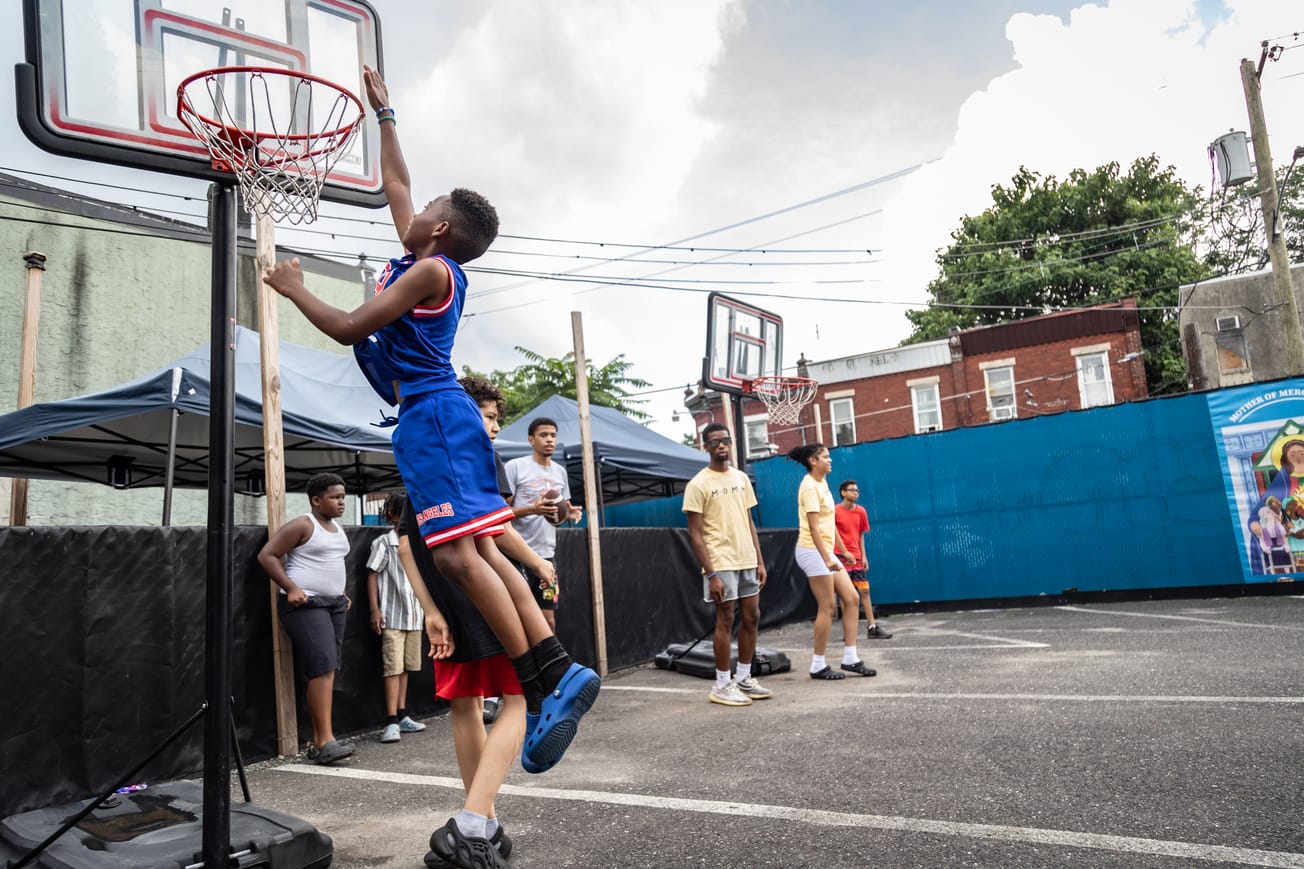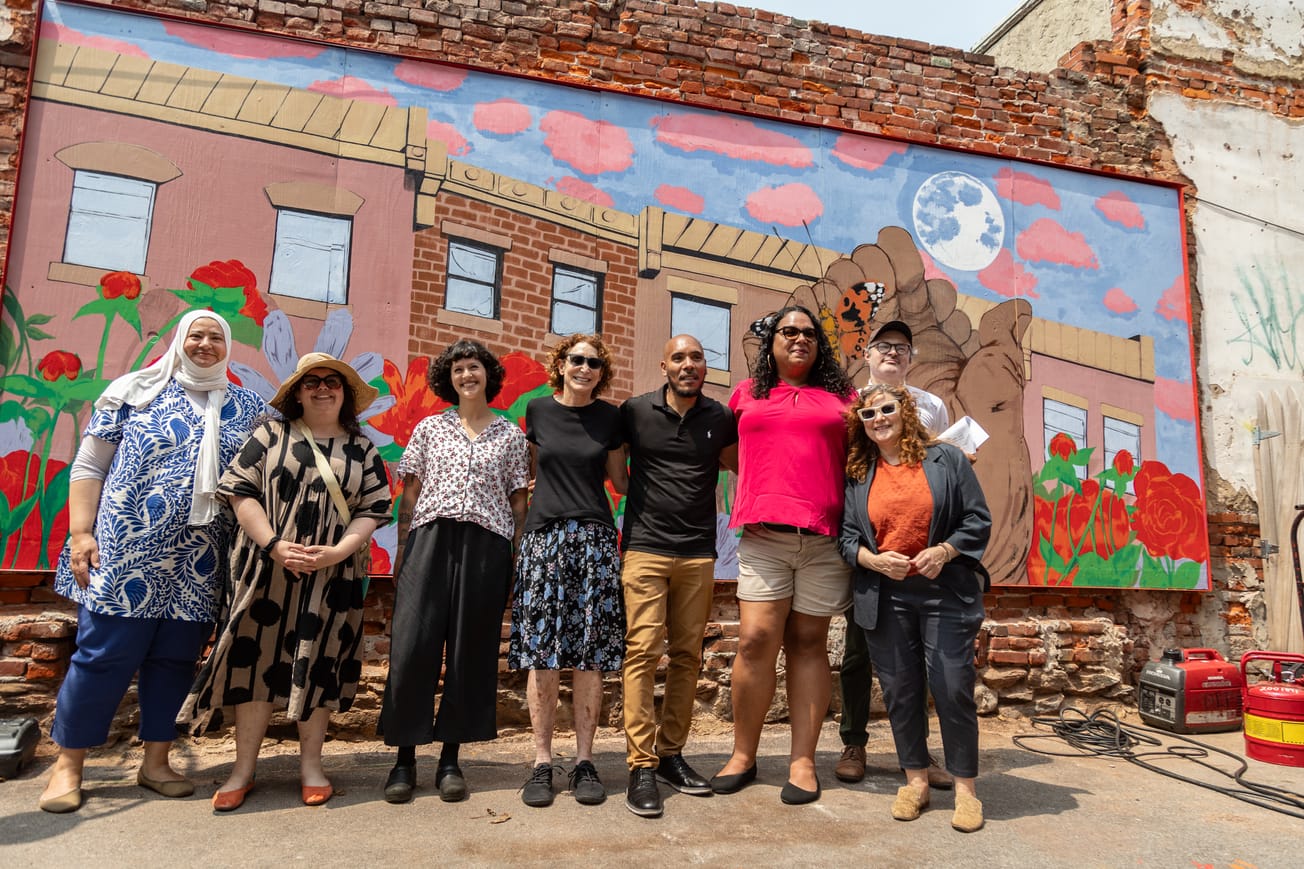A new Philadelphia stay-at-home order shut down all non-life-essential businesses, gatherings, and activities Monday due to the rising severity of the COVID-19 pandemic. However, the order didn’t stop the city’s plans to remove people experiencing homelessness from an encampment near the Convention Center Monday morning.
“Homeless Services is absolutely an essential service,” said Liz Hersch, the director of Philadelphia’s Office of Homeless Services. “We are still open for business, and people are becoming homeless every day. It’s a horrifying reality that doesn’t stop.”
About 75 people living on the sidewalks and under the tunnel near the Convention Center were forced by city officials to leave the property around 6 a.m. According to Mike Dunn, the city’s senior deputy communications director, over 50 individuals accepted placement into low-barrier housing, including shelters, medical facilities, and safe havens.
Dunn said the city’s plans for the cleanup included months of preparation and began in early January. The city posted some initial notices about the cleanup near the encampment on Feb. 24 and instructed people to vacate the premises and remove personal property before March 23 at 6 a.m.
According to the notice, those who refused to leave would be issued a citation by the Philadelphia Police Department, and abandoned property would be removed and disposed of by the city if not retrieved in the 30 days following the cleanup.

people near the Pennsylvania Convention Center after police and outreach workers
cleared out nearby encampments on March 23, 2020. (Photo by Erin Blewett)
The COVID-19 virus, which was first detected in Philadelphia on March 10, did not prompt the city to post the notice, nor did it halt or delay the cleanup, according to Dunn. Due to coronavirus concerns, all people were screened for hallmark symptoms of COVID-19, like a dry cough or fever, before being transported to services, Dunn said. No COVID-19 tests were administered at the site.
Some housing activists present at the cleanup criticized the cleanup, which the CDC advised against in guidelines it published Sunday, citing the CDC’s recommendations and arguing that shelters are unsafe due to the threat of an outbreak of a highly contagious virus looming.
“Within the shelter, it’s really impossible to create distance because of what’s going on,” said housing activist Sterling Johnson. “If you’re a person that is currently homeless [or] if you’re staying at a shelter, nursing home, assisted living place — any congregate setting — you will have great exposure to the coronavirus.”
On the CDC’s website, its new guidelines state, “Unless individual housing units are available, do not clear encampments during community spread of COVID-19. Clearing encampments can cause people to disperse throughout the community and break connections with service providers. This increases the potential for infectious disease spread.”
The National Law Center on Homelessness and Poverty takes a similar stance to the CDC on its website, which regarding COVID-19 reads, “Forcing people experiencing homelessness into close, congregate facilities such as large scale shelters is a recipe for rapid spread of disease.”
According to Dunn, based on consultations between the mayor’s office and the city’s Department of Public Health, the city believes people on the street are at a greater risk of contracting COVID-19 than those placed in shelters.
OHS is still engaging people experiencing homelessness and encouraging them to stay in shelters and safe havens, but to practice social distancing and proper hygiene practices, Hersh said. According to Hersh, while overcrowding can exist in close quarters, public health offerings like places for people to bathe, wash their hands, and eat three meals a day, are an integral part of her department’s COVID-19 prevention and general public health precautions.
“The longer people are on the street, the poorer their health outcomes,” Hersch said. “So they get sicker and sicker because they don’t have the normal protections that you have when you’re housed.”
At Monday’s cleanup, some city workers wore gloves and masks. Workers were not required to wear protective equipment but all took precautions like hand-washing, Hersh said. Hand-washing is a recommended preventive measure even for people who wear protective equipment, like gloves, according to the World Health Organization.
According to Hersh, the city is also making sure that their transport vans are deep-cleaned and sanitized and that outreach workers practice a six-foot social distancing to the extent possible. After arriving at a facility, like a shelter, a second screening is administered to those who accept services and they are encouraged to wash their hands, Hersch said.
The city launched a “service-led” pilot program to clear out encampments in Kensington in Spring 2018, which they have used to disassemble other encampments throughout the city since. However, Hersh said after today’s cleanup, there are currently no further notices on the city’s docket. The city plans to create an encampment resolution team sometime in the spring or summer to deal with evictions and cleanups going forward, after commotion surrounding COVID-19 is dealt with, she said.
“There’s a sort of fundamental economic and social and political injustice here, that people don’t have this basic need, that makes them more vulnerable to everything,” Hersch said. “If people had a place to live, we wouldn’t be having this conversation.”
*Additional reporting by Erin Blewett
Translator: N/A / Editors: Jillian Bauer-Reese, Erin Blewett / Designer: Jillian Bauer-Reese
Kensington Voice is one of more than 20 news organizations producing Broke in Philly, a collaborative reporting project on economic mobility. Read more at brokeinphilly.org or follow on Twitter at @BrokeInPhilly.






